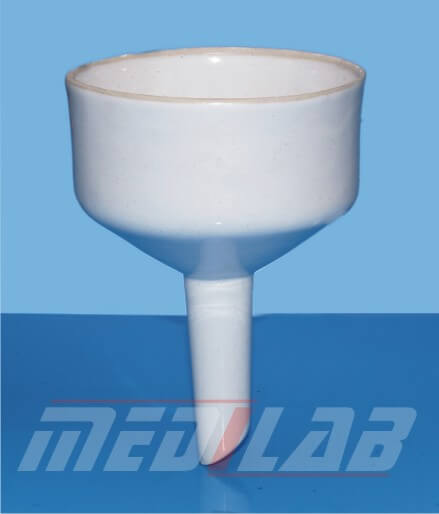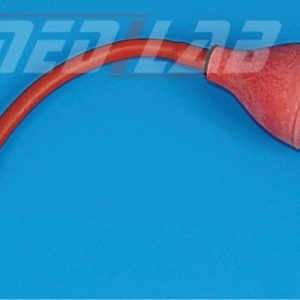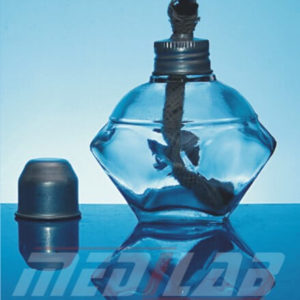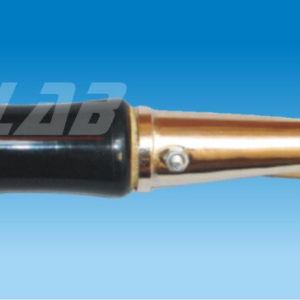Description
A Porcelain Büchner Funnel is a laboratory filtration device used with filter paper and a vacuum to separate solids from liquids. Made from durable, heat- and chemical-resistant porcelain, it is widely used in chemistry and research laboratories.







